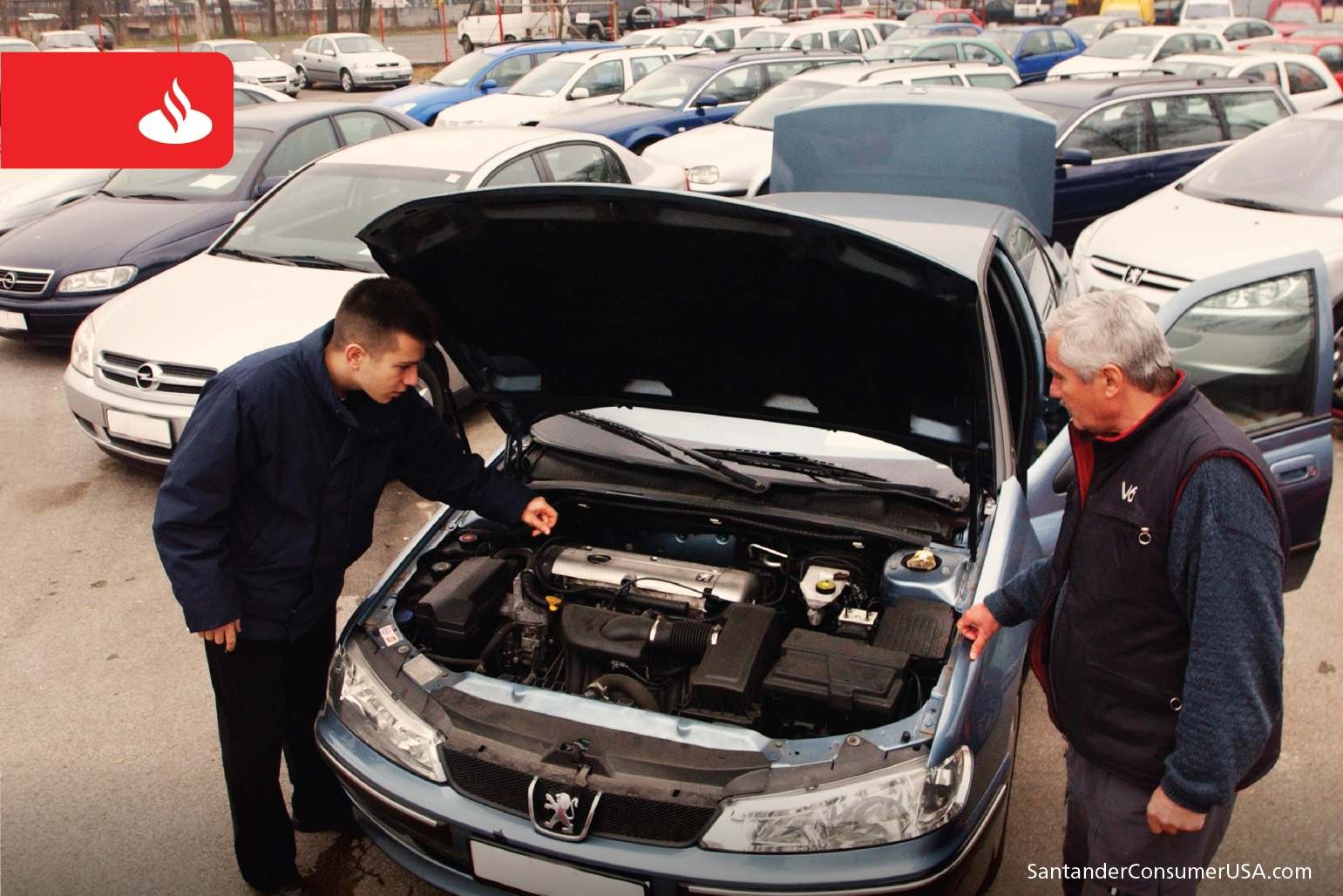
So, you’re ready to take the leap.
Your current vehicle is starting to show its age and a replacement is in order.
But a new car just isn’t in the cards, so a less-expensive used car it will be, but that still leaves open the question of how old or recent a model you should get.
The answer may not be as obvious as it appears that it might be on the surface.
Newer used cars generally will have more up-to-date technology, usually have lower mileage and are less likely to experience problems than older models. But older used cars may cost less and still be safe and reliable, which could be an important consideration if you’re on a tight budget.
So, where do you go from there in looking for your next used vehicle?
‘Balance of value and risk’
As you would expect, opinions vary, and, ultimately, yours is the one that matters most.
“Buying a used vehicle means finding the right balance of value and risk,” said Consumer Reports. “Two- and three-year-old used vehicles are often the best values. Not only is the price lower than a comparable new car’s, but continuing ownership expenses such as collision insurances and taxes are lower, and [it] has already taken its biggest depreciation hit.”
For most Americans – 58 percent – that, indeed, means buying a used car three years old or newer, but the average age of used cars sold last year was 4.1 years, said Edmunds Used Vehicle Market Report.
And owners also are keeping their vehicles longer than ever before – with an average vehicle age of around 11.5 years – because of significant increases in safety and reliability. That means tens of millions of vehicles on U.S. roads are 12, 13, 14 years old or more.
That leaves a lot of leeway for accommodating your particular circumstances. Still, there are some guidelines you can follow to get the right vehicle for your needs.
Reliability, safety, equipment?
“If you’re interested in buying a used car, you might be wondering how far back you can go to find a vehicle meeting your needs,” wrote Doug DeMuro at autotrader.com. “There are three different options depending on whether you’re interested in reliability, safety or equipment.”
In his article, What’s the Oldest Used Car You Should Consider, DeMuro wrote that:
- “If you’re interested in safety, there are two general rules. The more expensive the car was originally, the better it will be; and the newer the car is, the better it will be.”
- “If reliability is your top priority, you probably don’t want to buy a vehicle that’s too old. The older a car is, the less reliable it’s likely to be, even if it’s a well-maintained, low-mileage vehicle.” If you’re buying a higher mileage vehicle, the newer the model the better.
- “Generally speaking, newer vehicles will be better than older ones…. We suggest going for the newest possible model you can find if you’re looking to maximize your equipment.”
Following the guidelines suggested above and then staying within your budget – monthly payments and overall – should help you get a vehicle that will fit your needs for years to come. Whether it’s two years old, 4.1 years old or a little older than that really depends on your situation.
There is no one-size-fits-all solution, because buying a used vehicle is about which solution fits you.


